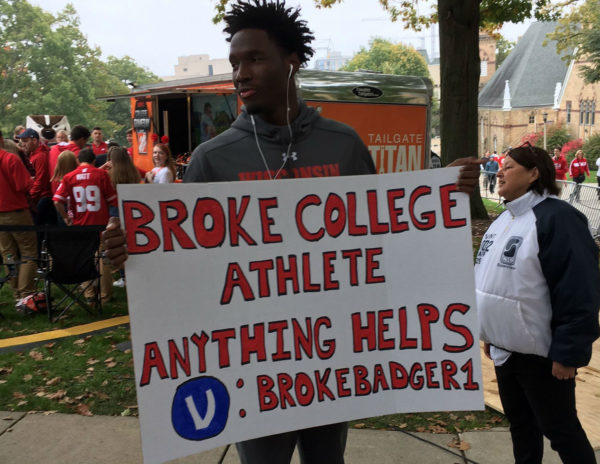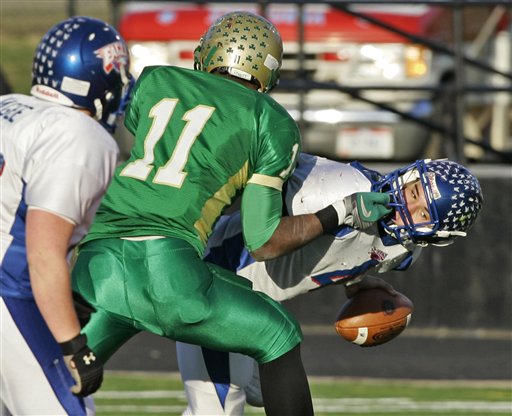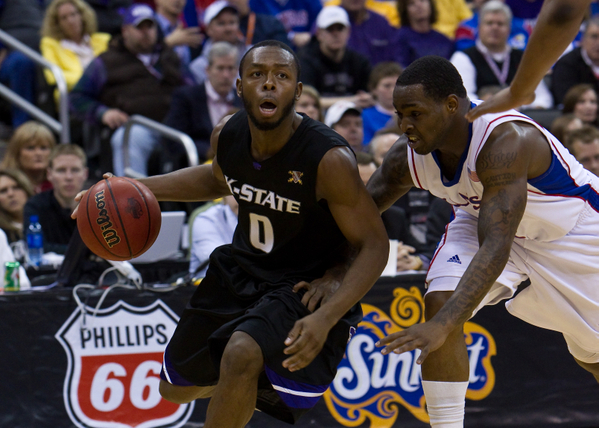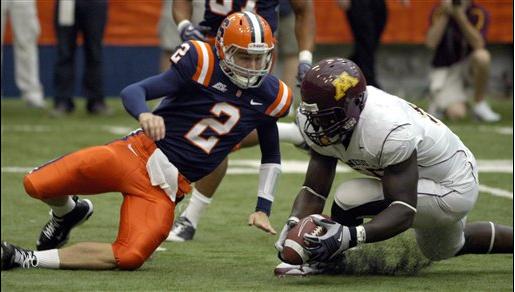Media Timeout: College Basketball Gets Political – What Took So Long?
Posted by Will Tucker on December 20th, 2016College basketball places huge emphasis on individual games — showdowns between top-ranked teams, annual rivalry clashes, single-elimination tournaments — but it’s important from time to time to take a step back and look at the bigger picture. The Media Timeout considers how fans and journalists watch, follow and talk about the sport.
We’re one month into the college basketball season, and mercifully, a month closer to closing the book on 2016. (Is it dead yet? I think I saw it twitch. Poke it again…) But the unrest that this year ignited will continue to flare up long after we’ve replaced the calendar. As political conflict bleeds into the most distant recesses of our day-to-day lives, will college basketball become an unlikely battleground?
The Forecast Calls for Activism
Even before the 2016-17 season tipped off, many commentators predicted that this season would be more politically charged than usual in the days after Election Day. “College basketball likely will launch a new round of athlete protests,” was a headline of a story from Marcus Fuller at the (Minneapolis) Star Tribune, who reasoned that the sport “has had time to prepare for demonstrations as they watched them play out on football fields across the country.” Chicago Tribune columnist Shannon Ryan agreed: “More activism, especially related to racial injustices, in college arenas could be on the way.”
Those forecasts were validated by the offseason activism taking root at Wisconsin, where preseason Big Ten Player of the Year Nigel Hayes quickly cemented his status as the preeminent “woke” college athlete by protesting everything from the NCAA’s interpretation of amateurism to campus racism to police violence. Native American teammate Bronson Koenig, who two seasons ago made waves when he spoke out against the Washington Redskins’ name, traveled to North Dakota to protest the controversial Dakota Access Pipeline (DAPL), subsequently writing an introspective essay about his experience for The Players Tribune. Well before Thanksgiving, the New York Times had already traveled to Madison to profile “College Basketball’s Most Political Locker Room.”

Wisconsin’s Nigel Hayes has challenged everything from amateurism to campus racism in 2016 (Madison265)
A month later, it’s unclear whether this season will be remembered as politically active at the sport’s landscape level beyond the Badgers’ vanguard. Other examples have cropped up here and there: In Duke’s season opener, Marist players wore rainbow socks to protest North Carolina’s discriminatory “bathroom law” – a move supported by its head coach. Weeks later, Maine players made a similar statement when they sported pro-LGBTQ warmups prior to their game at Cameron Indoor Stadium. After his players met with representatives of Duke’s Athlete Ally program, which promotes an inclusive culture across the school’s athletic department, head coach Bob Walsh commented, “I think our guys now understand a little bit more the impact they can have as leaders on campus.”














































